A BBC Africa Eye investigation has exposed an underground business of child theft and trafficking in the Kayole axis of Nairobi, capital city of Kenya.
Over the years, mothers in Kenya have complained bitterly of how their children, mainly toddlers, get missing.
In a 51-minute video documentary released on Monday, BBC Africa Eye investigated why hundreds of Kenyan children are missing and where these children end up.
A victim identified as Susan told BBC’s Njeri Mwangi, that her son was stolen in 2016 when he was three years, four months old, and yet to be found.
Advertisement
“Every time I see a child like him, I feel terrible,” a teary Susan said, adding that “it would be better for me to hold him and bury him knowing that he is dead rather than for him to be stolen”.
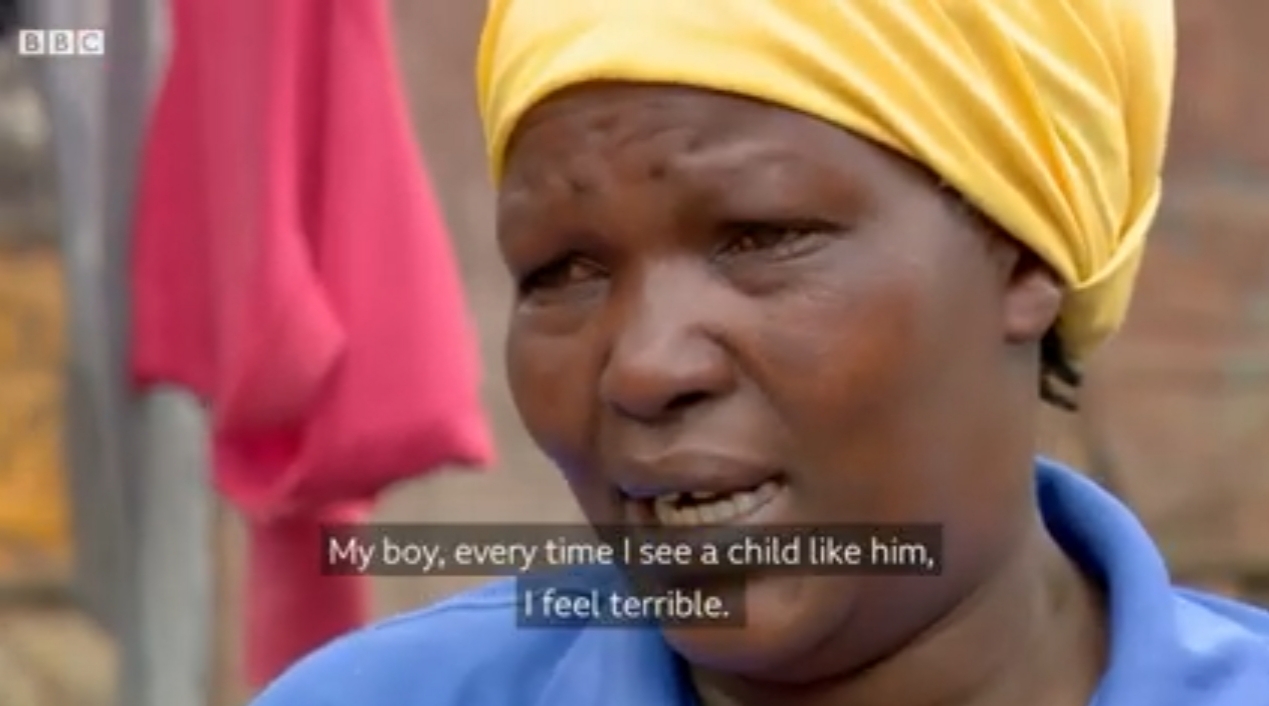
The investigation further revealed that children of homeless mothers fall easy prey to the traffickers. According to the video, an estimated 60,000 children sleep on the streets of Nairobi.
Rebecca Wanjiru, a homeless woman whose child was stolen in 2011, said they always have to be on the alert.
Advertisement

“You can take a nap in the park and they will come and steal your baby. Even though I’m living on the street, they shouldn’t take my child. Just because I’m homeless doesn’t mean I’m a bad mother. They should return my child and stop stealing our children,” Wanjiru said.
A woman identified as Mary Awuma who runs an unlicensed underground clinic help women who do not want their child to birth and sell them. In some cases, there are buyers on the ground even before the babies are born. She also helps the buyers get “illegally obtained birth registration documents”.
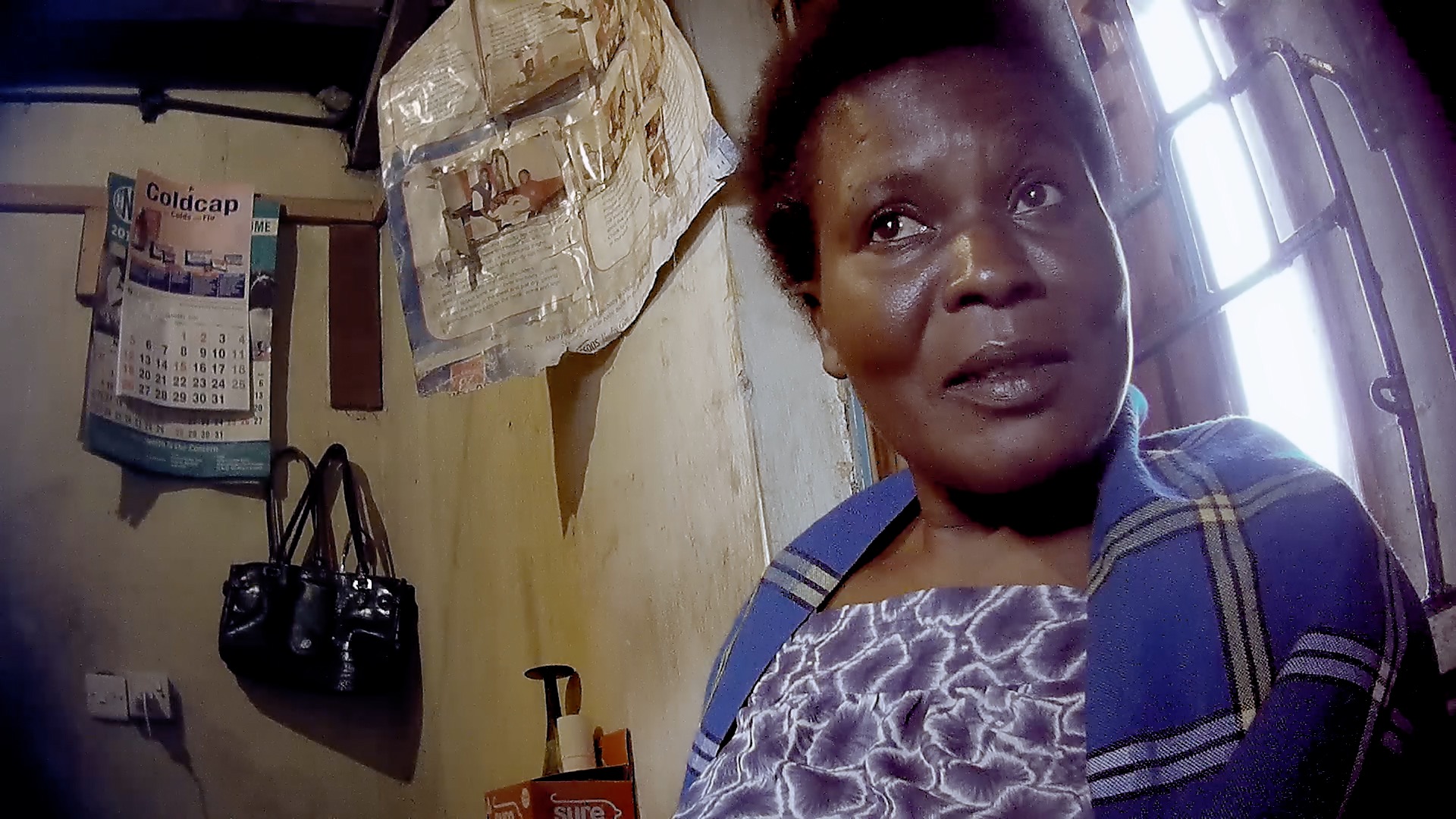
An informant told Mwangi that male children are priced higher than their female counterparts.
On where the children end up, a suspected trafficker identified as Anita told BBC’s undercover agent that some of the children are sold to barren women while some are used for sacrifices.
Advertisement
“This underground trade offers desperate women a quick alternative to Kenya’s complex adoption laws,” Mwangi said.
BBC Africa Eye also indicted some government and private hospitals it discovered were complicit in the crime.
The investigation captured how Fred, a clinical social worker at Mama Lucy Kibaki hospital, sold an abandoned child to an undercover reporter for 300,000 shillings.
In an interview with TheCable, Mwangi and Peter Murimi, producer of the documentary, said the crime is largely under-reported, hence the need for the investigation.
Advertisement
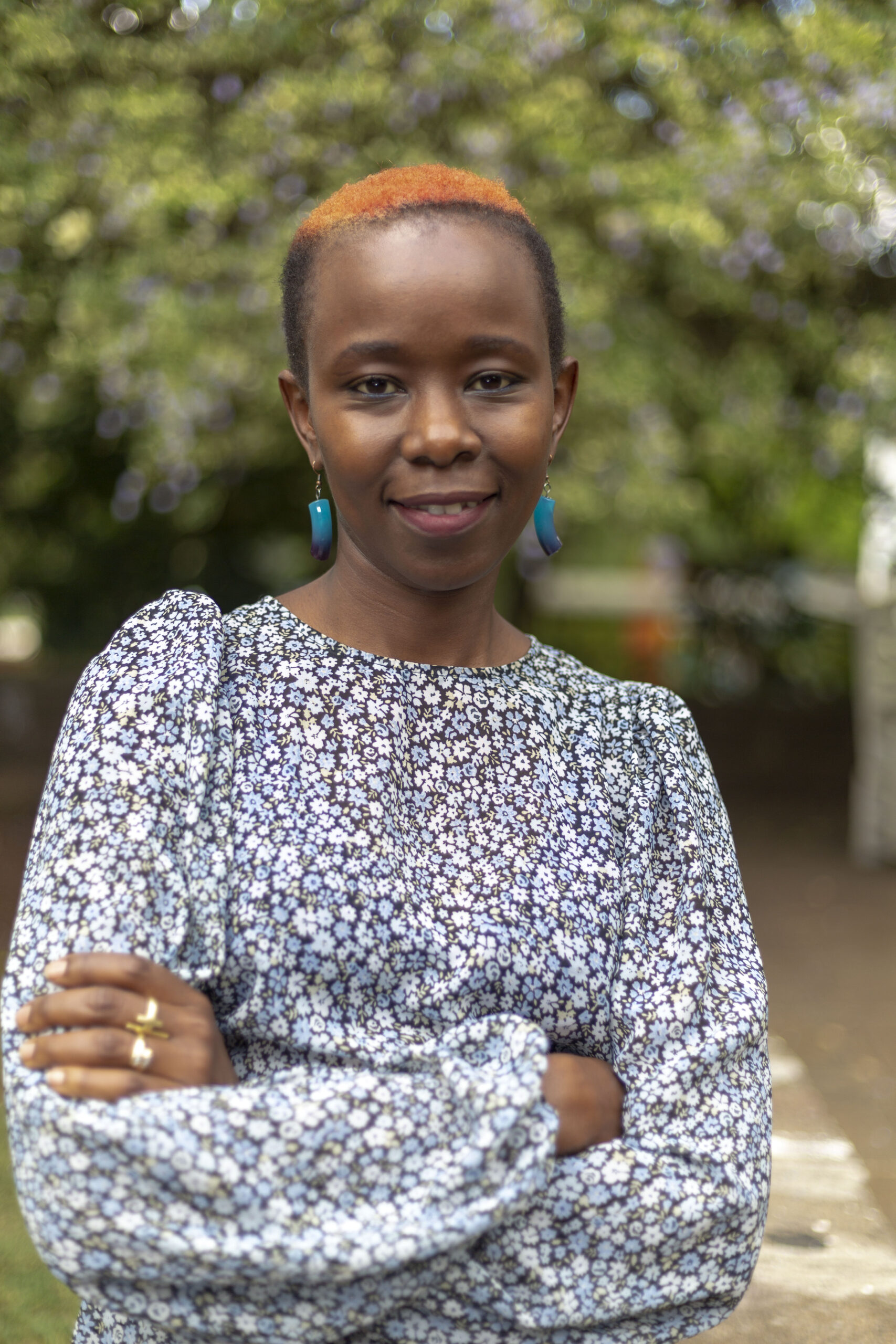
“It is a fact that cases of child trafficking are under-reported and there are no statistics and it is not known how widely spread this is. So, one of we hope to achieve is maybe a research can be launched into how deeply rooted this is and there can be statistics that can be leaned on. One of the other things that we also hope to achieve is that with this kind of expose, people can be arrested and jailed for it as well as hopefully some inns will be busted and children would be found that can be reunited with their families,” Mwangi said.
“There is something that I did not even know until I was doing this investigation that when you want to give up your children for adoption, you give your child to the state for six months and you can come back and take your child in those six months if you change your mind and I hope that girls and women can know that this is an option instead of abortion or selling their children.”
Advertisement
Murimi, who said the investigation lasted over a year, noted that the story “demonstrates a widespread problem but it is very specific to the places we exposed because of the access”.
“We hope that with this, there would be more pressure for the government to do the right thing and to bring to book those that and to ensure that children are not stolen and even if they are, they can be easily be traced and reunited with their families,” he said.
Advertisement
Advertisement
2 comments

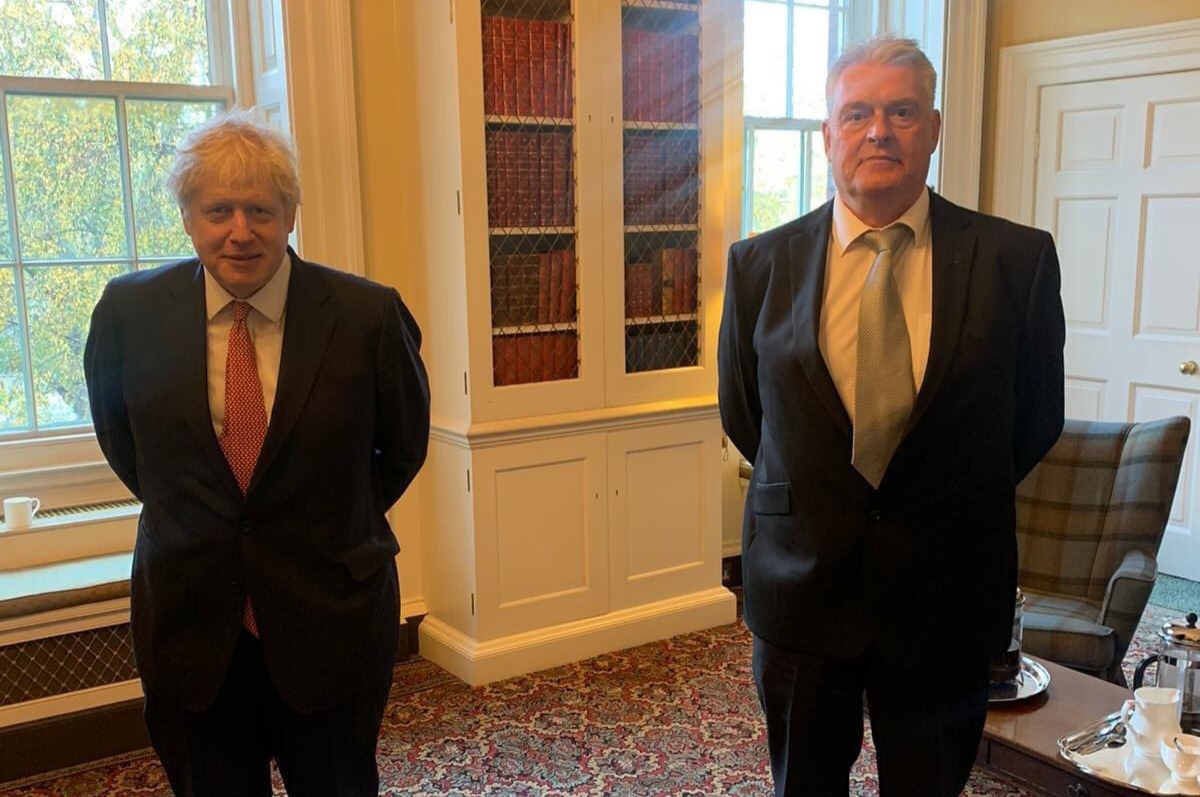
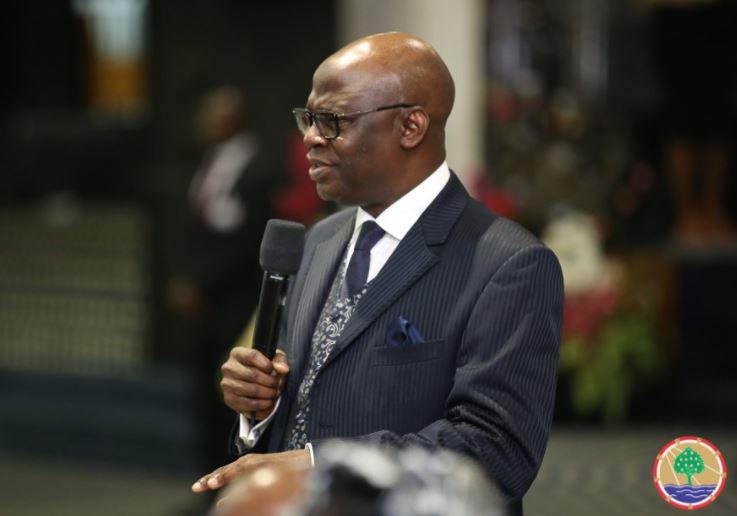


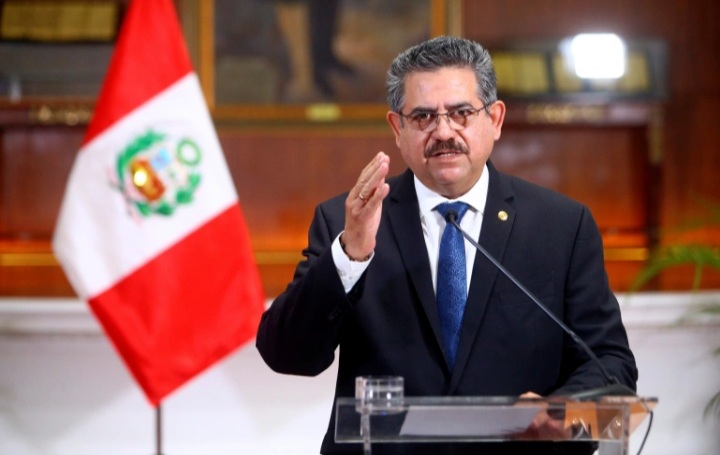

i’m very surprised to see this issue arising nowadays because me myself have been a victim of this issue as i have been told by my mother and i’m 33 years old which means that this issue have been there for long time back. in facts millions of millions of infants have been sold or stolen many years ago.
Mwanki, I think something positive still need to do, like helping this women and children sleeping in the street, to take them out, secure them there’s no reason showing this film without putting something for these poor people in place.